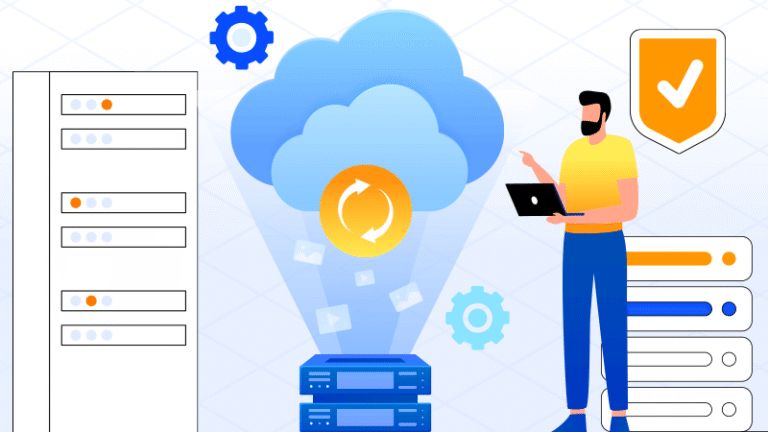
Amazon Web Services (AWS) has announced the general availability of Amazon Aurora DSQL, a serverless, distributed SQL database designed to support the development of highly available, low-latency, and globally consistent applications. With this launch, AWS aims to eliminate the traditional trade-offs between latency and strong consistency that have long challenged developers building globally distributed systems.
Aurora DSQL is now broadly accessible in eight AWS regions across North America, Europe, and Asia Pacific, with additional regions expected to come online soon. This release is a significant milestone in AWS’s database evolution, marking a shift toward offering high-performance, multi-region SQL capabilities with minimal operational complexity
Historically, developers building applications that span multiple geographic regions faced difficult decisions. They had to choose between databases that provided strong consistency at the cost of increased latency, or low-latency databases that compromised on consistency. Aurora DSQL breaks this compromise by offering both. It enables developers to create SQL-based applications with strong transactional consistency and single-digit millisecond latency, regardless of the user’s location.
Amazon Aurora DSQL is built on a cloud-native, serverless architecture that separates compute from storage, allowing read and write operations to scale independently and automatically without sharding or manual intervention. This separation removes traditional performance bottlenecks caused by back-and-forth communication between layers in the database stack. It also eliminates the need for instance provisioning, patching, and maintenance – freeing developers to focus entirely on application logic rather than infrastructure management.
The database’s architecture supports multi-region strong consistency by replicating write transactions across regions in real time, ensuring data accuracy and availability even in the event of regional disruptions. This enables Aurora DSQL to deliver an active-active model where applications can read from and write to any Aurora DSQL endpoint, with automatic failure recovery and zero downtime during updates.
Unlimited Scalability
According to G2 Krishnamoorthy, Vice President of Database Services at AWS, the launch addresses growing demands for resilient, high-performance databases that can scale globally. “Modern applications require databases that deliver both world-class performance and strong consistency without compromise,” said Krishnamoorthy. “With Aurora DSQL, we’ve fundamentally reimagined distributed database architecture, enabling customers to build applications with virtually unlimited scalability and zero operational overhead.”
Amazon Aurora, the broader relational database service on which DSQL is based, already serves hundreds of thousands of customers. Aurora DSQL enhances this offering by making it better suited to real-time, high-throughput workloads such as social media platforms, e-commerce transactions, financial systems, and gaming services that span multiple geographies.
Among early adopters, several major organizations are already seeing strong results. ADP, a global leader in cloud-based human capital management, noted the value of Aurora DSQL’s scalability and high availability for supporting its massive multi-region operations. “With over a million clients in more than 140 countries, Aurora DSQL allows us to manage data spikes efficiently while maintaining transactional integrity across regions,” said Jimmy Adams, Chief Product Development Officer at ADP.
DeNA, a Japanese tech conglomerate offering gaming, healthcare, and community services worldwide, highlighted the database’s impact on infrastructure simplification. “With Aurora DSQL, we can replace hundreds of database shards with a globally synchronized, low-latency relational database accessible via a single endpoint,” said Hiroyuki Nishizaki, Infrastructure Engineer at DeNA. “This significantly reduces our operational complexity.”
Horizontal Scaling
Robinhood, the financial services company known for its trading platform, emphasized Aurora DSQL’s utility in scaling relational workloads. “Aurora DSQL represents a leap forward in simplifying horizontal scaling while maintaining strong consistency,” said Haotian Xu, Storage Engineer at Robinhood. “It allows us to streamline database operations and achieve operational efficiency across the organization.”
Aurora DSQL also integrates with AWS’s broader AI and machine learning ecosystem. It supports a Model Context Protocol server, enabling generative AI models and AI-powered agents to communicate with the database using natural language. This opens up opportunities for performance monitoring, test environment creation, and feature development through conversational interfaces.
Getting started with Aurora DSQL is straightforward via the AWS Management Console. Pricing is consumption-based, with no upfront costs. Customers only pay for the distributed processing units (DPUs) and storage they use. AWS offers a free tier that includes 100,000 DPUs and 1 GB of storage per month, allowing developers to explore the service at no cost.
Currently available in eight AWS regions – US East (N. Virginia and Ohio), US West (Oregon), Europe (London, Paris, and Ireland), and Asia Pacific (Tokyo and Osaka) – Aurora DSQL is poised to expand its availability globally in the coming months.
As organizations demand more scalable and resilient data infrastructure to meet the needs of modern, globally distributed applications, Amazon Aurora DSQL emerges as a powerful and flexible option. With a combination of low latency, strong consistency, serverless architecture, and PostgreSQL compatibility, AWS is aiming to set a new standard in distributed relational databases for the cloud era.





